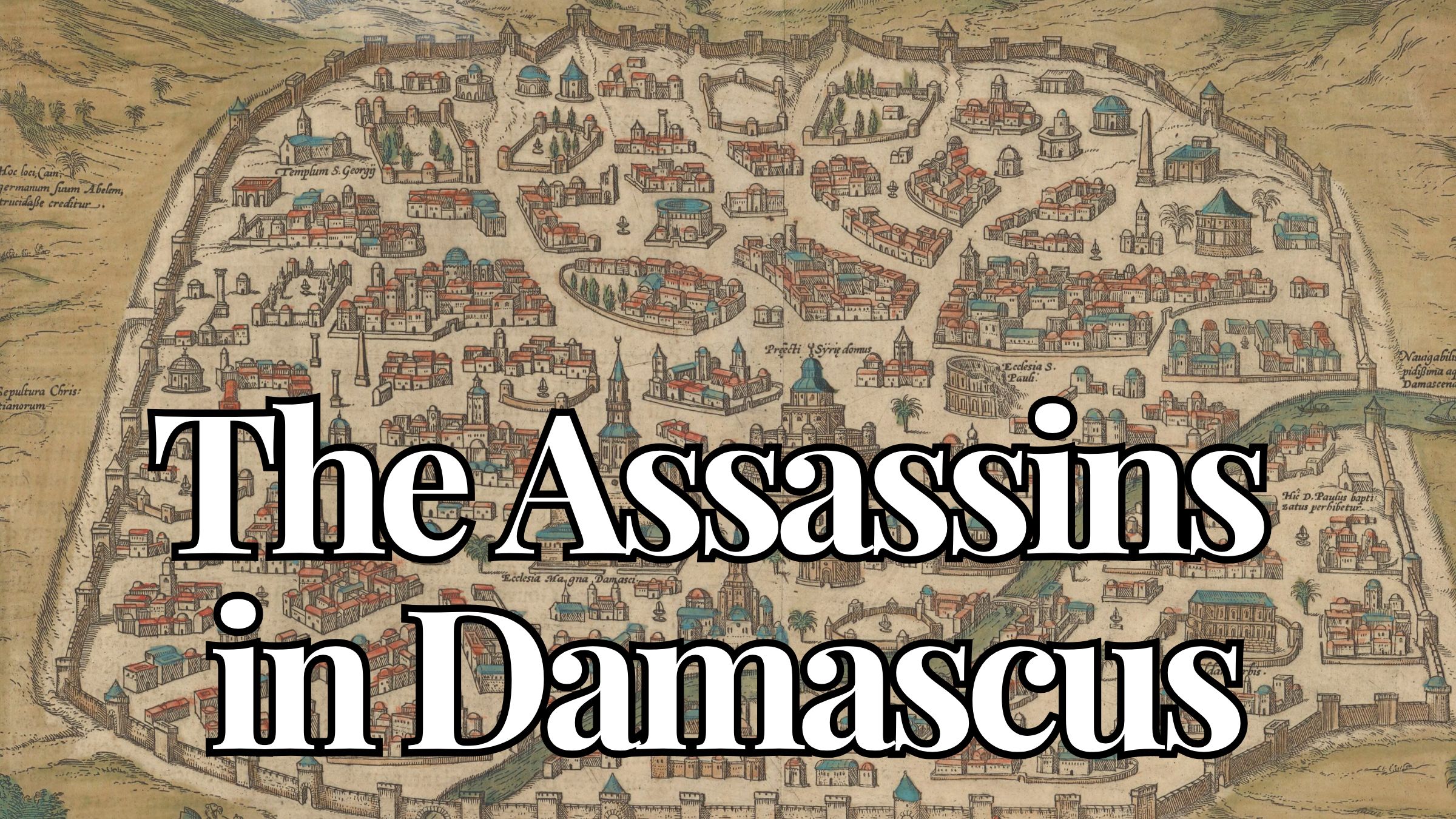
"A single dagger strike in a crowded mosque changed the course of Syrian politics. The assassination of Mawdud exposed the ruthless alliances and rivalries shaping the Muslim world during the Crusades. Ridwan, the Turkic ruler of Aleppo, had an uneasy relationship with the Assassins. It focused, for reasons of sound realpolitik, on their usefulness - he worked with them to further his own ambitions."
"They were reliable troops - or, at the very least, they were more dependent on him than the rest of the population of Aleppo. Importantly, they provided him with military muscle as well as access to their own assassination teams. Mawdud, the ruler of Mosul (1108-1113), was high on the ever-shifting list of Turkic rivals that Ridwan would like to see dead."
"But he found that getting the local Muslim warlords to act under his command was like herding cats. Both Ridwan of Aleppo and Tughtigin, the ruler of Damascus (r.1104-1128), were less than enthusiastic about giving up their freedom. They didn't much like the Franks, but they liked being forced to 'unite' by outsiders even less. Allies of Convenience: Ridwan and the Nizaris Ridwan had used his Nizari auxiliaries against Mawdud and his irritatingly effective troops in the past."
A single assassination removed Mawdud and reshaped Syrian politics, revealing ruthless alliances and rivalries during the Crusades. Ridwan, Turkic ruler of Aleppo, maintained an uneasy, pragmatic relationship with the Nizari Assassins, employing them for military support and targeted killings. The Nizaris provided troops and assassination teams, making them more dependent on Ridwan than Aleppo's general populace. Mawdud, ruler of Mosul (1108–1113), was commissioned by Baghdad to unite Turkic states and wage war on the Crusaders, but local rulers resisted. Ridwan refused Baghdad's 1111 expedition, instead using the Nizaris to consolidate power.
Read at Medievalists.net
Unable to calculate read time
Collection
[
|
...
]